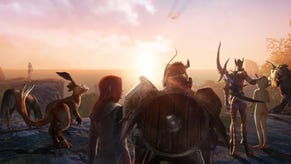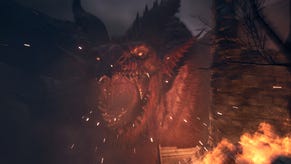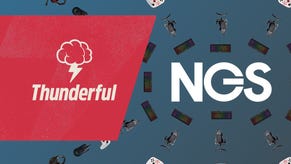Kotick: What we've learned from Blizzard so far
Speaking at the Morgan Stanley Technology Conference in California, Activision CEO Bobby Kotick detailed what his company has learned so far from its impending merger with Vivendi
Speaking at the Morgan Stanley Technology Conference in California, Activision CEO Bobby Kotick detailed what his company has learned so far from its impending merger with Vivendi.
"One of the nice things about the transaction is we've had a lot of opportunity in the integration and planning process, to really understand what is definitely different - but, turns out, complementary - business in Blizzard and make sure that we're figuring out how to capture the very best resources from all parts of both our business as well as the Vivendi business."
As he has said in the past, Kotick indicated that Activision spent years analysing MMO opportunties and realised that the risks would be enormous while the likelihood of success would be low.
Realising that there would be no way for it to effectively compete without compromising its margins, Activision began merger conversations.
At the same time, according to Kotick, Vivendi recognised that Blizzard was the fastest-growth business of many of the businesses that they owned and controlled but it wanted to figure out how to get more scale in the the console and handheld gaming business.
"So, after what was a fairly lengthy period of time in trying to figure out what would make the most sense from a transaction standpoint, we ended up getting this deal almost done.
"What we realized is that the opportunity of just taking the institutional knowledge that exists at Blizzard...For example, how do we take Guitar Hero - which is the best-selling game that we've ever had - and take that to Korea or take that to China and be thoughtful about it? You know, these guys have so much institutional expertise on how you go to market in these territories.
"Just the few hours of conversations we've had in brainstorming has given us a lot of value in thinking about those markets. And then when you think about other properties that we own and control like Call of Duty, and what would be the natural evolution of a property like Call of Duty into a massively multiplayer environment, and how do you monetize that, the same rules apply."
Kotick says that, on the Blizzard side, the company has started to think about how Starcraft - as a short session experience - can actually be the model for in-game advertising and sponsorship and tournament play and ladder play for the future.
"These are the early days, but these are the kinds of things that have come out of just the first few months of integration planning," he said.







